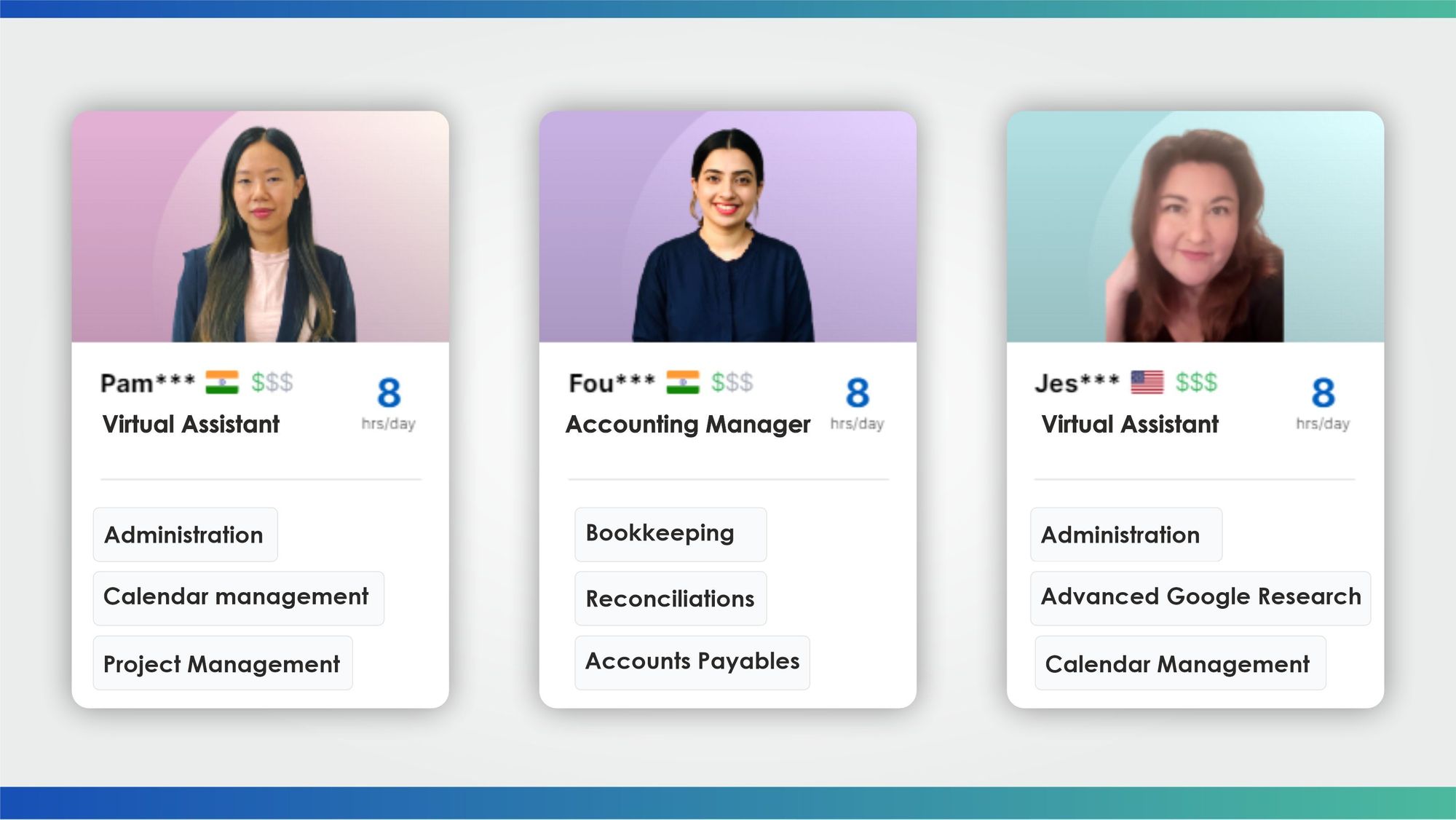7 Things Every Non-Technical Founder Should Know
So what exactly does it take to build a startup that triumphs? Someone who has the skills to create apps? Or someone whose coding skills are off the first order? Find out 7 things every non-technical founder should know .

Quick Question: Who comes to your mind when I mention iPhone, Macintosh, iTunes, iPod, MacOSX?
Let me guess? Steve Jobs, the one who introduced the greatest technological products that revolutionised the world.
But what if I tell you Jobs never once knew how to design a computer?
Steve Wozniak- an engineer at HP created his first computer which had a typewriter-like keyboard and ability to connect to a regular TV as a screen, the first of its kind. Wozniak wasn’t trying to change the world with what he produced and only wanted to show off how he made it with such few resources and had no intent to sell it. But on the other hand, Jobs saw potential in the brilliance of this computer and because of him, they released the first Apple computer and from there onwards, the rest of their success is history that is not bound to stop any time soon.
Have an idea? But don’t know how to create the product? Scared to start a company without knowing about the technical stuff? Let me give you an analogy.

Here’s our favourite comfort food, a pizza.
Now imagine a pizza without toppings: no cheese, no meat, no vegetables. How does that sound? Not the best, am I right?
Now similarly, imagine a pizza without the base: just vegetables, cheese and meat. Almost sounds like a salad and defeats the purpose of a pizza right?
Now, keeping the pizza in mind, a non-technical founder is like the base of a pizza. Without whose ideas, the pizza wouldn't exist in the first place! But with all that in mind, the sauce and base aren’t quite sufficient for a good pizza and we need toppings a.k.a., a technical founder or a technical team to help execute and elevate our idea.
Revealing that you run a software company but are unable to code is often given eyes at. Well known technological leaders like Elon Musk, Mark Zuckerburg and Bill Gates have forged this typecast that technical skills are a stipulation.
But hey! There’s good news around the corner! Non-technical founders and CEOs are smashing this notion and have sculpted thriving tech businesses like Airbnb, Alibaba, Dell and plenty more which gives us the license to question this “Article of faith”.

Being an amateur in terms of technical skills and yearning for a tech based business surely comes with stumbling blocks and is definitely not a cakewalk!
Here are some things every non-technical founder should be aware of to make up for the lack of possessing the abilities of the toppings:
Acquaint Yourself Thoroughly With The Basics
Gain a basic understanding of the foundations of the functionality of the technology that your business steers at, so you aren't completely unaware of what’s happening. This will also aid in better communication with your tech team to attain the desired end products. Even something as fundamental as understanding Morse Code Translator can be an interesting exercise in grasping how basic encoding and decoding systems work, which can help you appreciate the logic behind more complex technologies. It might get extremely embarrassing when you know how to design an app but are clueless as to how to use it yourself.

Now that being said, please do not begin an advanced coding lesson- unless you really want to! But in most cases, coding is not a skill that is learned easily and pulling off what you have bare minimum expertise in may lead to unsatisfactory results and a loss of credibility. Take my advice and leave that to the techies! Needless intervention can cast them down. In fact, the biggest fiasco reason in tech start-ups is the failure of non-tech founders attempting to blindly execute what they are incapable of.
Hunt For A Trustworthy Technical Partner Or Team
When you don’t know how to do something, your first resort simply is to go to someone that does know. Similarly, recruiting someone who can help you with the technical aspect is the way forward. “If you’re a non-technical person but interested in going into the tech world, my tip would be you to find yourself a technical partner that can work with you,” says Daniel Abramovich, CEO of VR Bangers. Fun fact- Start-ups with 2 co-founders rather than one raise 30% more capital!
However, there are many aspects that can go wrong here, that you must be vigilant about! So firstly, it is key to substantiate that they register your vision well and are interested in helping you implement it. Secondly, it's not uncommon for one to take advantage of your lack of knowledge and deceive you.
Subsequently, investing in hiring a trustworthy technical employee or team is crucial especially when your knowledge is low in their sector. Difficulties in inability to evaluate tech employees or monitoring the code ethos of employees can be very common- So be careful and choosy!
Be Actively Involved & Work Closely With The Tech Team
Yes, you might not understand everything they’re saying but having less expertise doesn’t restrict you from being part of a discussion related to it. Don’t feel out of place or less authoritative and participate in tech meetings-whether that is to attend brainstorming sessions, design reviews or even day-to-day status updates.

Listening to their dialogue and asking questions will not just build upon your skills but also show that you are ready to learn, this involvement would boost motivation for your team too!
Make Sure To Monitor Your Finances And Allocate Them Effectively
Investing in your team and human resources is cardinal. Make sure to choose your team wisely. Do not fiddle with the quality of the people in your team! Ploughing enough money into it and subsidising costs on other aspects is your job as a non-technical founder. Remember 85% of a company’s most valuable assets are its employees!

Now, needless to say, all this requires capital, which for a start-up can be an impediment. The most common ways to fund capital especially for start-ups is bootstrapping or self funding, seed funding, funding from incubators or from angel investors.
Remember that the number one job of a non-technical founder of a tech company is to make certain that the business has a budget runway to permit the team from working on the product smoothly. It is fundamental to create a pragmatic & vigilant road map to mark the milestones for the company, which later would help attract more customers & investment onto the business.
Let Your Tech Team Lead From Time To Time
Make sure to not be the prime decision maker when it's regarding technological functionality, and give the experts the authority. Step a foot behind when decisions about how technology is built, duration it will take to build, functional implementation of technology and its architecture is decided upon.
While you might want to be involved in everything about the business, do not micromanage your team and apply a laissez faire leadership style and let them give inputs regarding technical areas. However, keeping track of progress regularly is equally important as it to make sure that the business and idea you first visualised aligns that of what is being created.

Know That Other Non- Technical Alternatives Exist
Yes, technical skills are fancy, but if you are just starting off and thinking of ideas for your business but don’t want to delve into the risks of being a non-technical founder then simply don't!
Form a business model that does not require technical competence. No code development platform solutions can come to your rescue where prior coding skills are not a prerequisite, applications like Wordpress, Notion, Bubble, Webflow web design, Zapier are just a few to name. They are quicker, cost-effective and can also be easily modified, unlike traditional coding.
General Electric was utilising a manual, multiple-step proposal generation process which was very time consuming, with the introduction of no-code development tools, they were able to create a simplified yet automatic system.
Finally, Just Focus On What You’re Good At
Do not get demotivated if you don’t have the technical skills. Always remember without your business skills the idea wouldn't have even initiated and moved forward.
Being the non-technical founder, pivot on other business aspects like finding the right market, research, branding, selling, distribution and the list goes on & on. Focus on your forte and help scale the company by emphasising the business aspect of the app and leaving the development to techies.
As a non-technical founder, you can provide eccentric value onto the table with your business related skills and focus on your customer and its needs.
Remember, successful businesses are constructed upon creative ideas, infectious will, persistent hustle, astounding leadership and splendid vision, so if you have those, then don’t have cold feet and get cracking!
